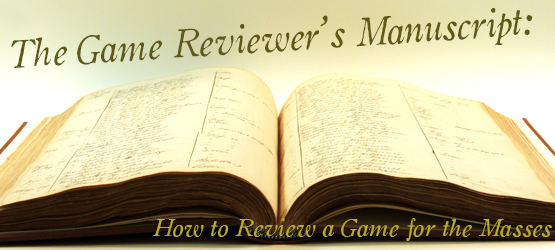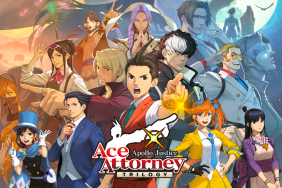As a game reviewer, I’ve been told numerous times that I’ve reviewed games wrong. That I approach certain things from the wrong angles, or that I just didn’t “get” something. I’ve been told that I’ve scored things too low, and I’ve also heard my fair share about a certain 10 out of 10 that was issued not too long ago. All of these criticisms have made me wonder if there is a reviewer’s guide book — some way to standardize the process.
While recently scuba diving off my Ubi-yacht (see disclaimer) in the Florida Keys (or perhaps it was somewhere off of New Zealand?), I came across some partially buried clay pots. After extracting these relics and taking them back to my lab, I discovered that they contained the greatest lost gaming journalism secret of all time. Though badly damaged, and written in a language known to few men, I was able to discern that I held in my hands The Game Reviewer’s Manuscript: How to Review a Game for the Masses. Many pages had been lost, torn, or partially devoured by the deep, but I am here to share with you a few of the key points and laws that our cryptologists, archaeologists, and even marine biologists could translate from the ancient text.
Disclaimer: This is a satirical piece. I do not own a Ubi-yacht, I’ve never been to the Florida Keys, and I don’t have a secret lab to analyze ancient texts found in the deep. We review games strictly based on our own experience with them, and while our final result may differ from your opinion, we stand by our own experiences of each game we review.
Game Reviewer Manuscript
-
Verily, the open path is a sin, and a narrow path wilt be followed.
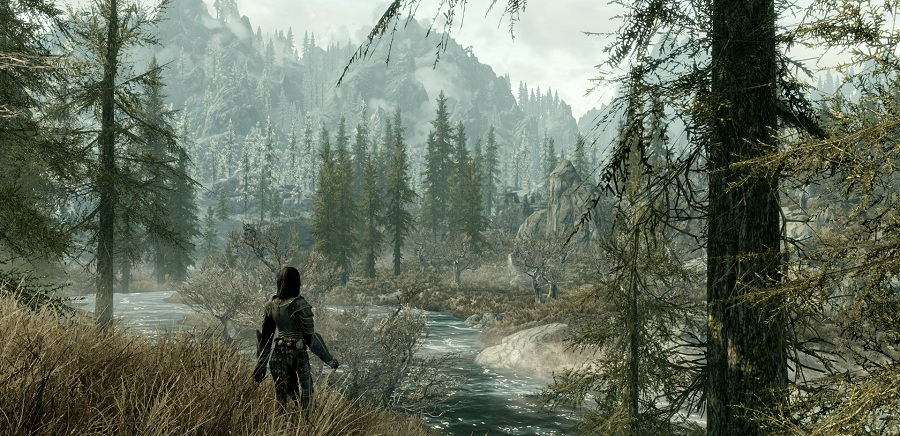
Our cryptologists muse that this law pertains to open world games not having enough direction and focus. There's simply too much to do, which takes away from the story being told, if there is even a story at all.
-
And he went into the hallway, for the game was not open, and he wept.
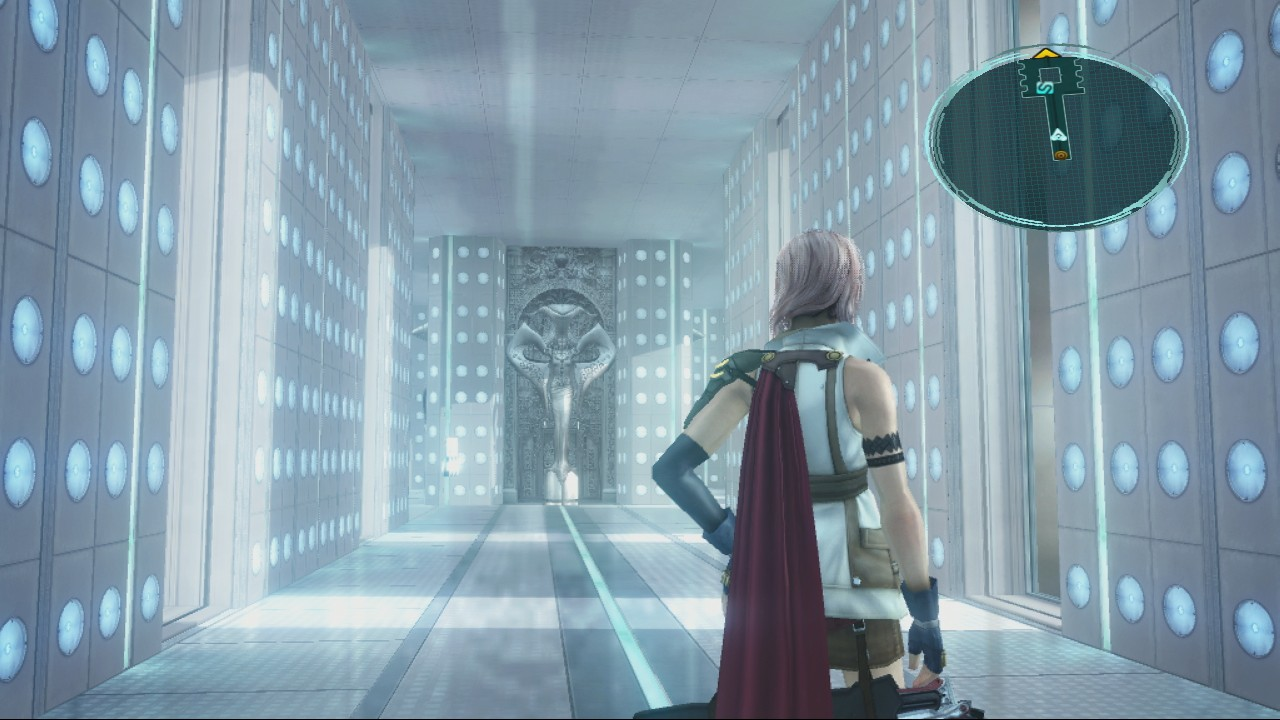
Translators have assured us that this particular one is referring to the focused direction of some games. Without the ability to explore our environment around us, what's the point in even playing a game?
-
Change is akin to witchcraft, and shall be amerced by the fire of one thousand trolls.

If a game is to change too much beyond its roots, it is cause for an uproar. This law teaches us that games must stick to certain formulas rather than experimenting with anything new. Games must not confuse us from what is familiar.
-
One wilt become more than it once was, lest it be forgotten.
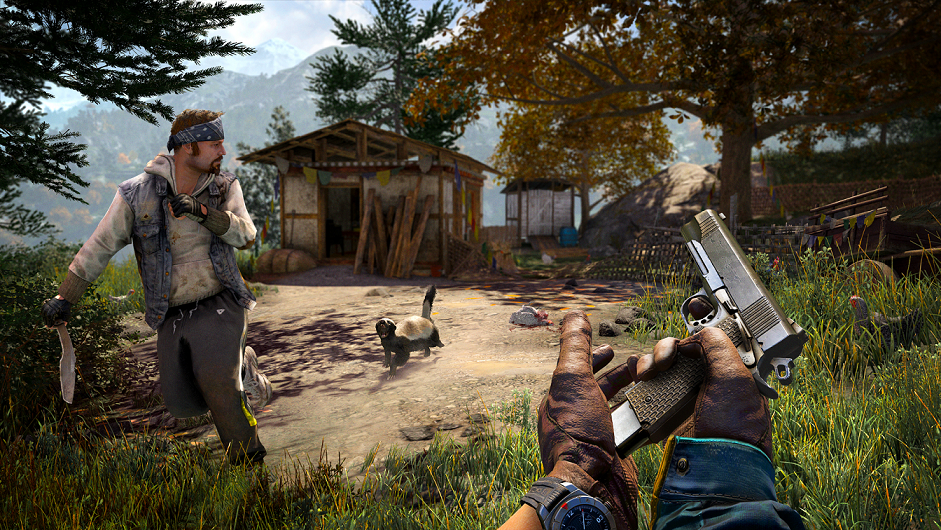
The reviewer's law of evolution states that a game must be different from previous games. If it sticks to a formula, it is archaic and the developer is clearly not ambitious enough to break the mold.
-
One per three hundred and sixty five doth equate to trash.

The law of yearly franchises teaches us that anything coming out every calendar year is automatically worthless and simply made to be a cash cow. We should not consider the fact that perhaps the developer wants to bring us more experiences sooner, let alone play the actual game to find out if it is fun.
-
Thine experiences are not thine own.

A certain 10 out of 10 has taught me the value of this law. A reviewer should not have his or her own experience with a game, but rather must submit to the experiences of the masses that have not actually happened yet. If his or her experiences differ from the mobs, let many stones be cast upon them.
-
And though a grand tale was presented, the depth doth measure shallow.
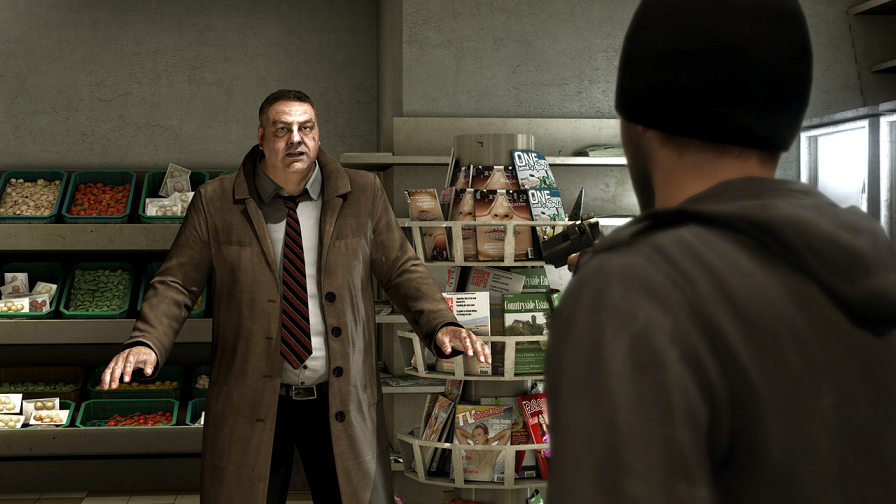
Cinematic experiences have no place in video games, and should be cast out. Lower frame rates and black bars should be left for films, and the reviewer should note that a cinematic experience makes a good movie, not a good game.
-
Content cut from the final offering is for the sake of profit; and shall be shunned as the leper.
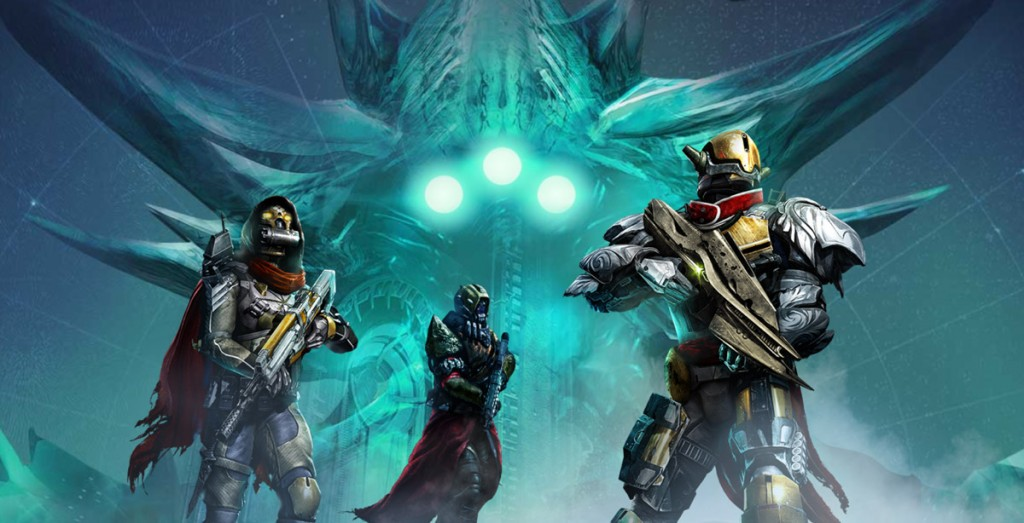
Publishers are clearly money hungry. There is no other reason that developers would offer DLC. It's not to add to the game experience, to give players choices about what to play, or to help keep base game costs from rising despite rising development costs. Nope, they are carving up YOUR game and selling it to you in pieces, and as such, these incomplete games should be judged accordingly.
-
The direction of the many shall be viewed as the sin of the sheep.

If a large number of people like it, there must be something wrong with it. Somebody must have bought into the hype. In fact, if a reviewer is to review one of these games highly, they have been paid off, and the review is likely just more marketing propaganda. No, it's not possible for people to enjoy a game. There must be something more going on here.
-
And wherefore it came from back alleys, it lacketh perfection, and wilt be purged.

Indie games are lazy, crappy, cash grabs that could have been made on an SNES over 20 years ago. Forget that tiny studios of people are making these games. If it's not AAA, there was clearly not enough time, effort, love, or passion put into it for it to be worth anyone's while.
-
And behold, it was pleasant to look upon, for it hath many hidden flaws.

The law of good graphics teaches us that beautiful looking games are only there to hide the issues in the game. If a reviewer acknowledges that a game is graphically impressive, it probably looks better on another platform, or there's another game that looks even better, and this one shouldn't be viewed in such a way. Hashtag PC Master Race.
-
The bits were numbered sixteen, thirty-two, and sixty-four, and their value was little.
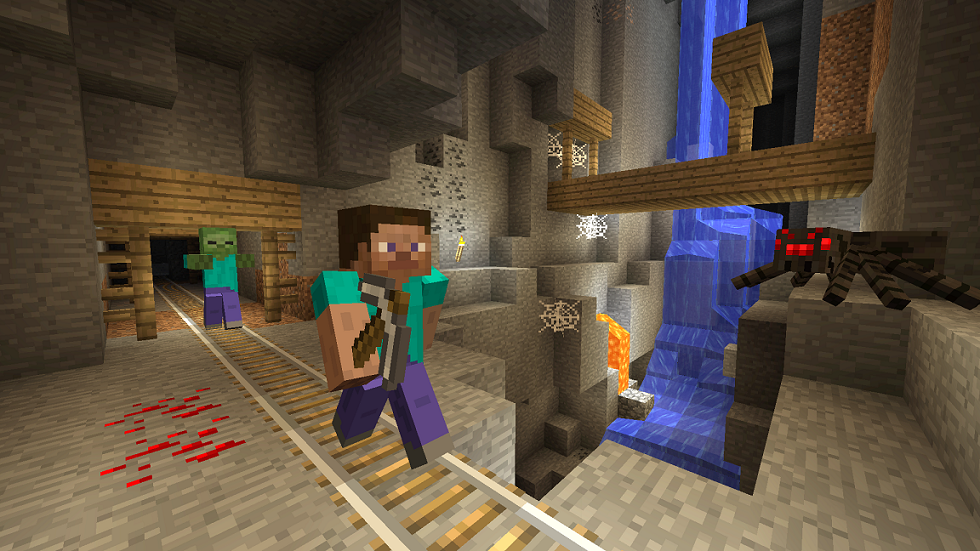
This is actually a sub-law under the law of indie games, which is to say that a game with poor aesthetics cannot be a fun experience. From side scrolling retro-inspired indie titles to hugely popular games like Minecraft, poor graphics means laziness on the part of the developer and means the experience must not be worthwhile.
-
Thou wilt submit to strict definition, based on the expectations of all.
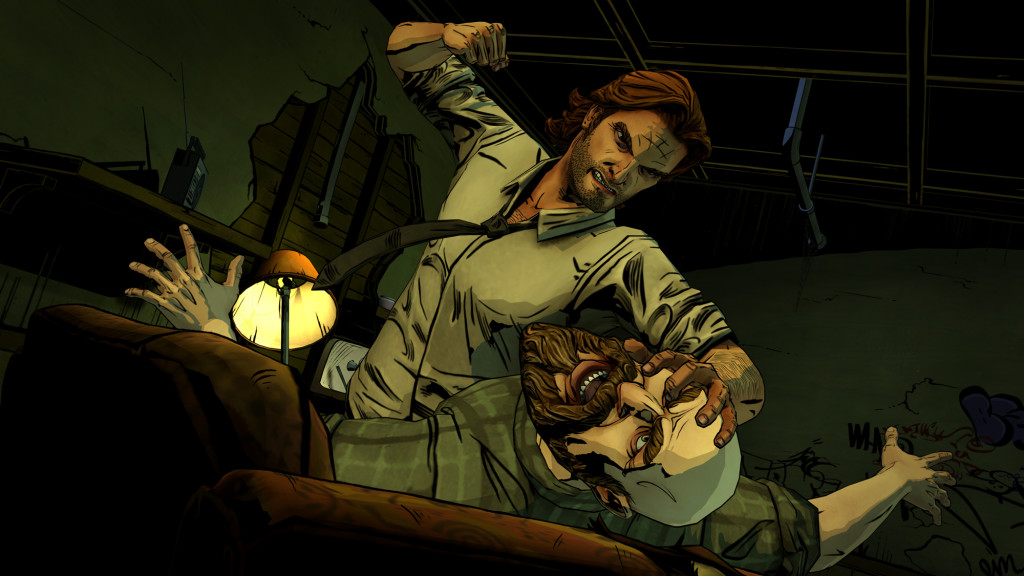
There is a clear definition of what a game is, and if a game doesn't meet it, then clearly that game is not a game. We're still frantically translating the manuscript in attempts to discover just what a 'game' actually is, but hints seem to indicate that it precludes anything with QTEs or a strong focus on choice within the narrative.
-
If thou likest, thou wilt not submit thine opinion

A reviewer should enter a review completely unbiased, meaning that they cannot like or enjoy the game, genre, series, voice actors, setting, narrative devices, console it is being played on, or the favorite coffee flavor of the game's director. They also need to avoid having had any similar experiences to anything within the game previously in their life to avoid cross contamination due to bias.
-
For whence the hatred burns, words will not be shared.

Similarly to the previous law, to maintain a complete unbiased opinion, the reviewer should not enter into any review in which he or she dislikes the game, genre, series, voice actors, setting, narrative devices, console it is being played on, or the favorite coffee flavor of the game's director. Games of this nature are better to go unreviewed than be subjected to the ignorant hatred of someone who isn't part of the fan club presidency.
-
The dark arts of the creator doth have divine impact.

A reviewer must review a game based on the business decisions of the company behind it. Regardless of the experience had within the game, the opinions on publishers and developers must play a role in the final review. This may include, but is not limited to, microtransactions, DLC season passes, previous game releases, stability of the PlayStation Network, and yearly franchises.
-
Look back on thy works and set forth a comparison.

If a reviewer gives a certain game a nine, then any game that they give a nine or higher to is automatically equal to or better than the other game. Reviewers are to ignore the changing times, different genres, separate developers and experiences, as well as overlook different reviewers and varying site's scoring policies.
-
Let your words flow unadulterated by prior commitments.

A review should never be compared to a previous review. If last year's game got a nine, then this year's experience should stand on its own despite what scores were given to previous games or what is written in a site's review policy.
-
Thine review is wrong, and games shall not be fun.
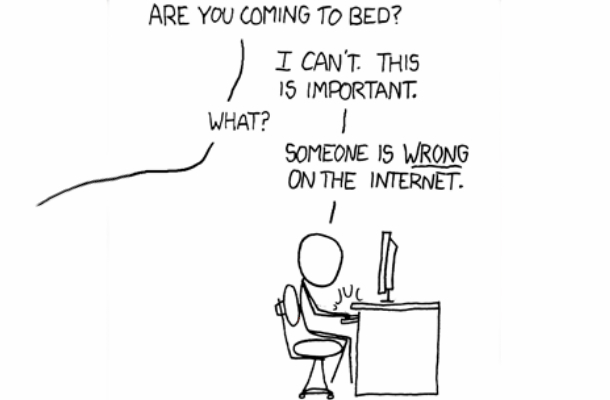
The greatest law of them all. Reviewers must remember that they are not to have fun with games. They are here to criticize them, to nitpick even the smallest flaws, and to be a hammer of justice against the awful developers who are looking to screw over the consumer.
-
Forget all that thou hast read herein, and review a game from thine heart.

Finally. You've made it here. As you may have surmised, this was all satire, in search of understanding that games are truly awesome, and that the industry is a changing and evolving place. Please read this piece by The Daily Crate's Editor in Chief. It perfectly sums up how I feel, and going forward, I will continue to review each game as the experience that I had with it, and offer constructive criticisms. That may not match up with some of your experiences, and that's okay. The world is a pretty cool place because we all have different likes and dislikes, and the games industry has more than enough for everyone.
